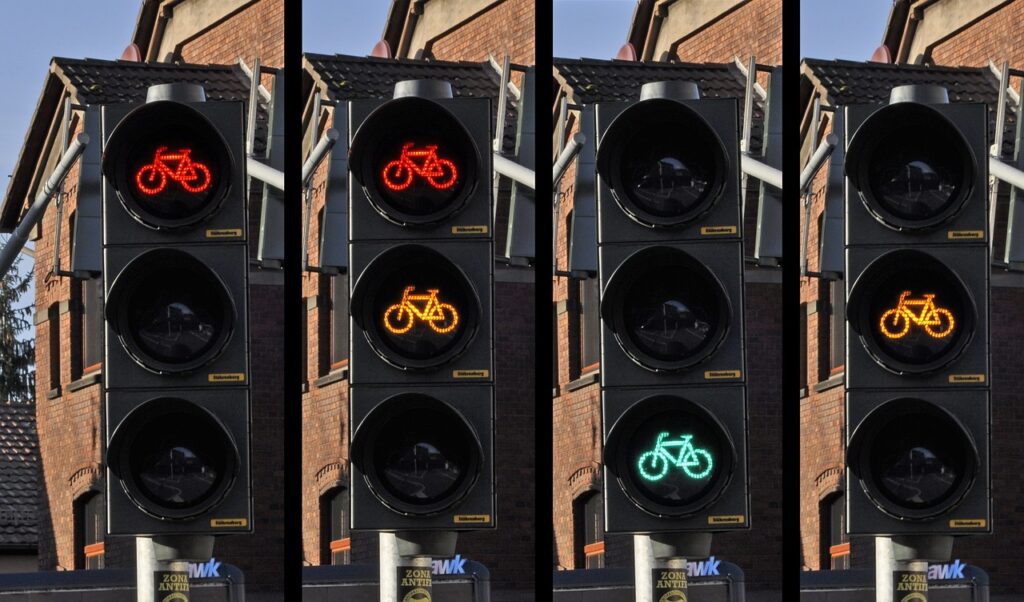Introduction to Signs in Daily Life
Signs in various environments help guide, inform, and communicate essential messages. Whether it’s traffic signs, business branding, or digital sign-ins, understanding their significance improves navigation, security, and decision-making.
This guide explores the different types of signs in daily life, their impact on society, and best practices for using them effectively.
Why Signs in Different Environments Matter?
1. Signs in Public Spaces
- Traffic signs prevent accidents and improve road safety.
- Informational signs provide directions in malls, airports, and hospitals.
2. Signs in Digital Platforms
- Website sign-in processes enhance security and user experience.
- Social media verification signs indicate authenticity and trustworthiness.
3. Signs in Business Branding
- Logos and storefront signs attract customers and establish brand identity.
- Advertisement signs drive engagement and boost sales.
10 Common Signs in Daily Life & Their Impact
1. Traffic Signs & Their Role in Road Safety
Traffic signs regulate movement and prevent accidents by guiding drivers and pedestrians.

2. Warning Signs in Public Places
Hazard signs in workplaces and construction zones help prevent injuries.
3. Digital Sign-in & Security Measures
Two-factor authentication and biometric sign-ins protect online accounts.
4. Business Signage & Marketing
Eye-catching storefront signs increase customer engagement and brand visibility.
5. Event Signs & Wayfinding
Directional signs at events and conferences improve visitor navigation.
6. Social Media Verified Signs
Verification badges on platforms like Instagram and Twitter establish credibility.
7. Medical & Emergency Signs
Hospital and emergency exit signs provide life-saving guidance.
8. Educational & Institutional Signs
School and university signs guide students and staff efficiently.
9. Eco-Friendly & Sustainability Signs
Recycling and conservation signs promote environmental awareness.
10. Cultural & Symbolic Signs
Religious and historical signs represent traditions and heritage.
Best Practices for Using Signs in Business & Daily Life
1. Keep It Clear & Concise
Use simple language and universally recognizable symbols.
2. Choose the Right Colors & Fonts
High-contrast colors improve visibility; readable fonts ensure clarity.
3. Place Signs in Strategic Locations
Ensure maximum visibility in high-traffic areas.

4. Update Digital Sign-in Processes
Regularly enhance security features for online platforms.
5. Use Signs for Brand Recognition
Consistent logo placement strengthens brand identity.
Conclusion
Signs in daily life play a crucial role in safety, navigation, security, and branding. Whether in public spaces, digital platforms, or business marketing, understanding their importance helps improve communication and awareness. By implementing effective signage strategies, individuals and businesses can enhance engagement, security, and user experience in 2025.

